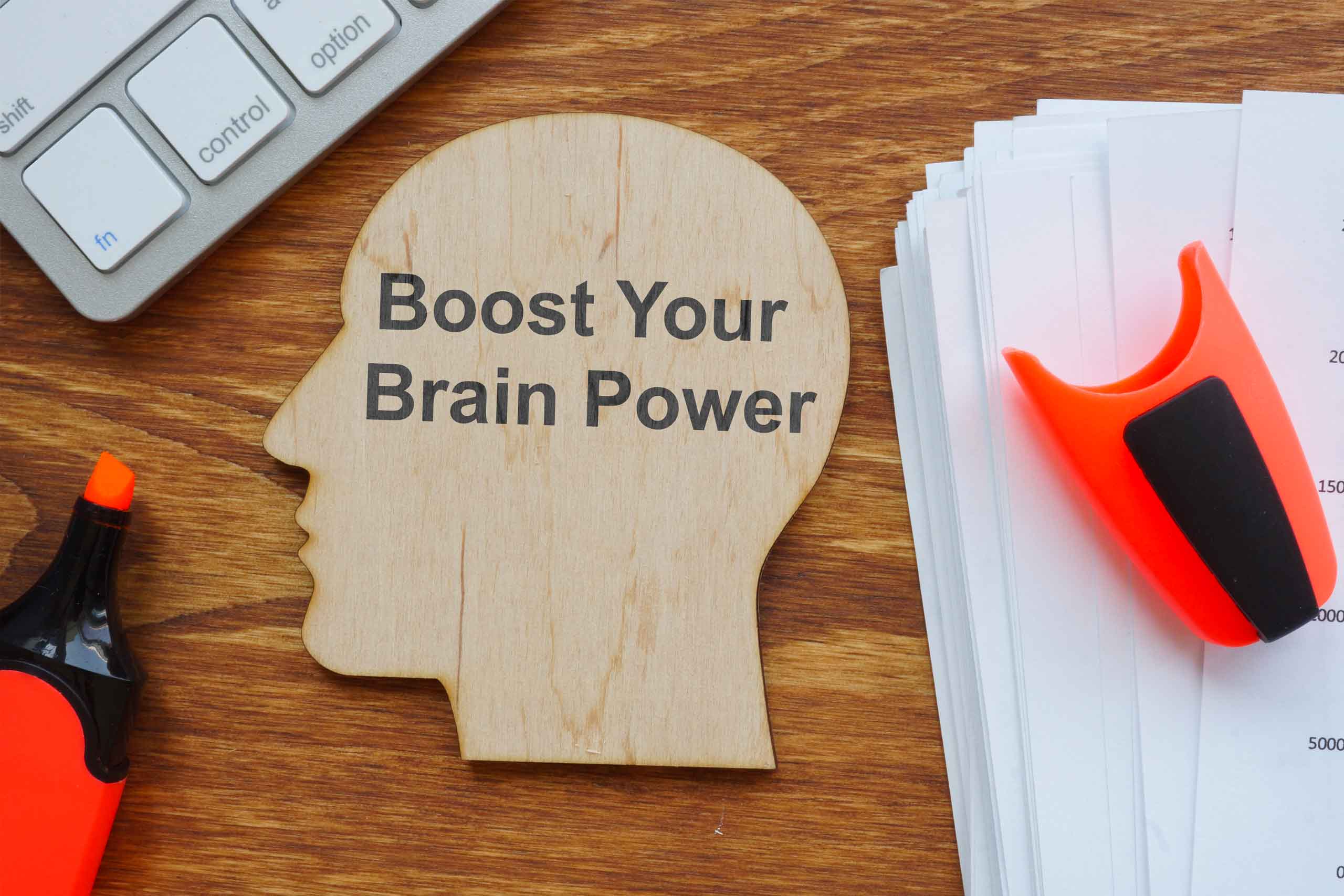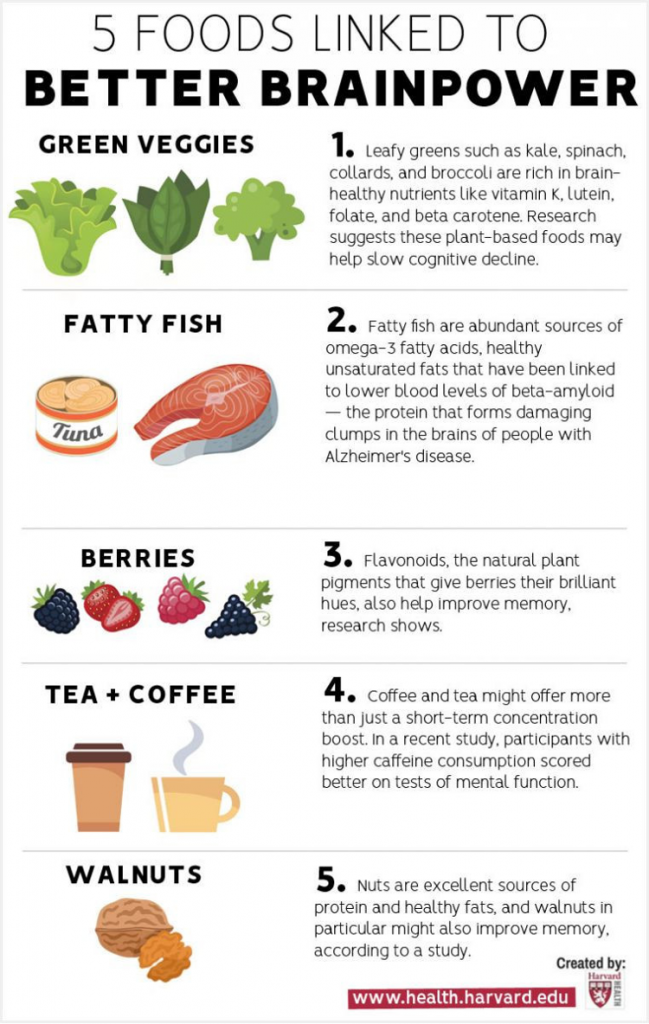
Boost Your Brainpower: Daily Tips for an Active Mind
Discover key strategies to keep your mind sharp all day. From brain exercises to lifestyle tips, learn how to boost focus and mental agility. Explore 5 effective ways to maintain mental sharpness. Boost your brainpower with daily habits, exercises, and smart lifestyle choices for peak focus. Using the brain effectively is key. It’s like flexing a muscle – the more it’s used, the stronger it gets. But it’s not just about mental marathons; it’s also about knowing when to take a breather.
In the following guide, we’ll explore 5 practical tips that can help anyone keep their mental gears running smoothly throughout the day.
- Engage in Mental Exercises
Engaging in mental exercises is like taking your brain to the gym. These activities, such as puzzles, Sudoku, and crosswords, are not just fun; they’re brain boosters, enhancing problem-solving skills and cognitive agility. Even during a busy day, you can incorporate these exercises.
For instance, solve a quick crossword during your coffee break, or play a Sudoku puzzle while commuting. Learning new skills, like a language or an instrument, can be integrated into your routine too.
Dedicate a few minutes in the morning or before bed to learn new skills or practice a musical instrument as a relaxing evening activity. These practices not only break the monotony of a hectic day but also keep your mind sharp and engaged.
- Opt for Physical Exercises in your Daily Routine
Physical exercise is crucial for both body and brain health. Activities requiring coordination and balance, such as yoga or dancing, not only tone the body but also boost brain function. Exercise boosts memory and thinking by reducing insulin resistance and inflammation, and stimulating brain-protective growth factors. It also indirectly enhances mood, and sleep, and reduces stress, countering cognitive impairment.
For those with busy schedules, integrating exercise can be simple. Opt for a brisk walk or a short jog during lunch breaks or choose to walk part of your commute. Even short bursts of activity, like a 10-minute yoga session in the morning or a quick dance break between tasks, can significantly enhance blood flow to the brain.
This increased circulation aids in improving memory and cognitive abilities, making physical exercise a key component of a mentally active lifestyle.
- Incorporate a Holistic Healthy Diet
A healthy diet plays a pivotal role in keeping the mind sharp. Incorporating brain-boosting foods into your busy day can be simple yet effective. Start with a breakfast rich in omega-3s, like a salmon avocado toast or a handful of nuts. Snack on blueberries or include a spinach salad in your lunch for a midday brain boost. These foods, known for enhancing brain function, are easy to integrate into meals and snacks. Equally important is staying hydrated.
In addition to specific brain-boosting foods, nutritionists stress the importance of a holistic healthy dietary pattern. This includes consuming a variety of fruits, vegetables, legumes, and whole grains. Aim to source protein primarily from plants and fish, which are not only beneficial for the brain but also for overall health.
Keep a water bottle handy and take sips throughout the day. Adequate hydration is essential for cognitive function, helping to keep your mind clear and focused.

- Mindfulness and Meditation
Mindfulness and meditation are powerful tools for mental clarity and stress reduction, even amidst a busy schedule. Regular meditation, even if brief, can significantly clear the mind and enhance focus. In fact research shows that meditation helps calm the sympathetic nervous system, reducing stress and emotional reactivity. It fosters a mindful response to life’s challenges, enhancing overall mental clarity and activity.
For instance, start your day with a five-minute meditation session or take a short meditative break during work. Deep breathing exercises are another convenient method, easily integrated into any part of the day.
Practice deep breaths while waiting for your coffee to brew, in between meetings, or even during a short walk. These practices help in reducing stress and keeping the mind alert, contributing to improved concentration and memory.
- Social Interactions and Recreation
Social interaction and recreation are vital for stimulating the brain and enhancing emotional intelligence, even during a hectic day.
Engaging in social activities, like a quick chat with a colleague over coffee or a brief phone call with a friend during a break, can invigorate different parts of the brain. These interactions don’t have to be long; even short, meaningful conversations can boost cognitive skills and mood.
A Journal of Health and Social Behavior report highlights the mental health benefits of a social support network. Reliable friends and family reduce stress, aiding overall brain health and activity.
Incorporating hobbies and recreational activities into a busy schedule can also be manageable and rewarding. For instance, dedicate a few minutes to a hobby you love, like sketching or playing a musical instrument, during your lunch break or after work. These activities provide a mental diversion from daily stressors, keeping the mind engaged and contributing to overall happiness.
Even simple recreational activities, such as a quick walk in the park, listening to a favorite podcast, or engaging in a short gaming session, can act as effective stress busters. They offer a much-needed break, refresh the mind, and help maintain a balance between work and leisure, crucial for mental well-being and productivity.
Conclusion
Maintaining an active mind throughout the day involves a blend of mental exercises, physical activity, a nutritious diet, mindfulness practices, and social interactions. Each element plays a crucial role in enhancing cognitive function, reducing stress, and improving overall mental well-being.
By incorporating these strategies into daily routines, even amidst a busy schedule, one can effectively boost brainpower, enhance memory, and foster emotional intelligence. It’s about finding balance and making small, consistent changes that collectively contribute to a healthier, more active mind.





